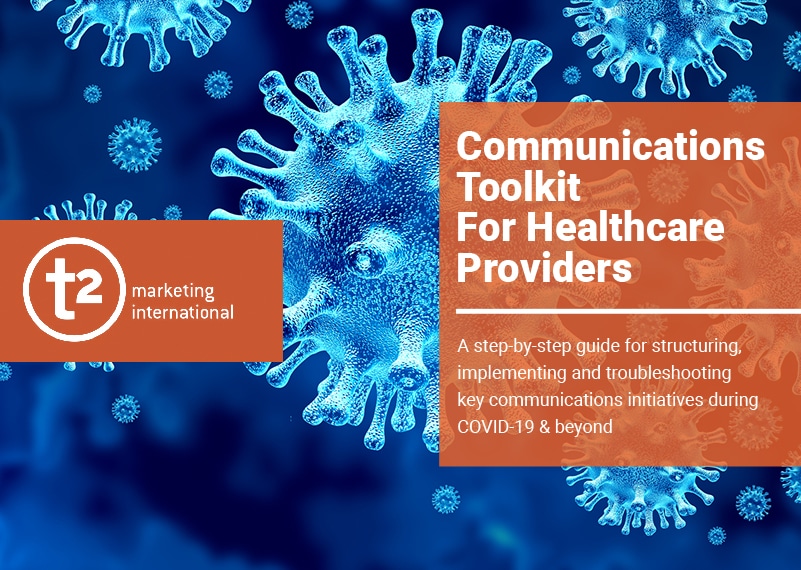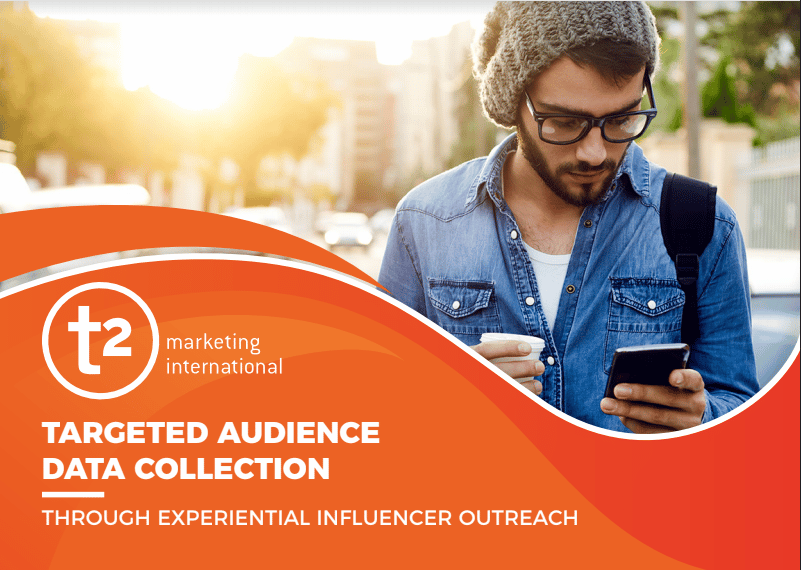How Will Search Change with the Integration of AI
by Corey Padveen
At this point, you’ve probably heard everything there is to hear about ChatGPT and the battle for AI supremacy, so what is there left to talk about?
Artificial intelligence (AI) has revolutionized the way we interact with technology and it is no different in the case of search engines. AI has dramatically changed the way search engines like Google and Bing work, providing users with faster and more accurate results. With recent announcements from both companies (among others), we can expect to see the everyday use of overt and user-targeted AI functionality skyrocket.
One of the biggest changes that AI has brought about in search engines is the use of natural language processing (NLP). NLP is a subset of AI that enables machines to understand human language. This means that search engines can now understand what users are searching for even if they use complex phrases or questions. As a result, search engines can provide users with more accurate results, even when their search queries are not perfectly formatted.
Another significant change brought about by AI is the use of machine learning algorithms. Machine learning algorithms enable search engines to learn from the data they collect and provide users with even more relevant results. For example, search engines can use machine learning algorithms to understand a user’s browsing history and personalize the results accordingly.
So, what does this mean for the future of search, and what can marketers do to prepare for that?
Preparing for the Future of Search
Sequential ordering in long-tail search has long been an elusive dream. By today’s standards, searches are largely robotic, simplified, and singular. We can search for one set of results at a time, then are forced to manually parse through those results until we find what we want. This process is what inevitably leads us down the well-documented informational rabbit holes, where we keep clicking on result after result, and conducting search after search because the initial results, while not what we were looking for, had some interesting bits we chose to continue exploring. That may no longer be the case with integrated, advanced AI functionality.
Sequential ordering will allow for searches to evolve from singular commands (e.g. when were the pyramids built) to conversational commands (e.g. when were the pyramids built, who built them, and what was their purpose). Thanks to the abovementioned natural language processing capabilities, we can expect to see results like those we’ve already seen in ChatGPT, where we are given detailed responses with a multitude of sources and links to the source and reference for each one.
So, that begs the question: what can marketers do to adapt?
How Marketers Should Adapt
There has long been a trend of shifting from academic, robotic, or non-human forms of writing content to focusing more on conversational or colloquial types of script. Marketers need to be ready for that to become the dominant if not only way content is created.
Conversation needs to be at the forefront of your content development moving forward. While AI integration in search engines is still in its early stages (for users, not necessarily the engines themselves) the importance of natural language processing will only grow as these integrations continue to expand. We can expect virtually all iterations of search algorithms moving forward to place a heavy emphasis on NLP, making it the cornerstone of how search will evolve. As such, marketers need to be thinking about how content reads in a conversational context.
It’s time we, collectively, stop thinking about web content as a gateway between two end users, and start looking at our website, content, and all subsequent marketing materials as virtual extensions of the people behind the organization. That’s the only way any marketer can expect to succeed as AI takes over the search and marketing worlds.
The Marketing Rundown
Subscribe to t2’s Newsletter, ‘The Marketing Rundown’ and Stay Up-to-Date
Everything you need to know about media, marketing, and digital news from the week all together in one place.
[revue_subscribe]





